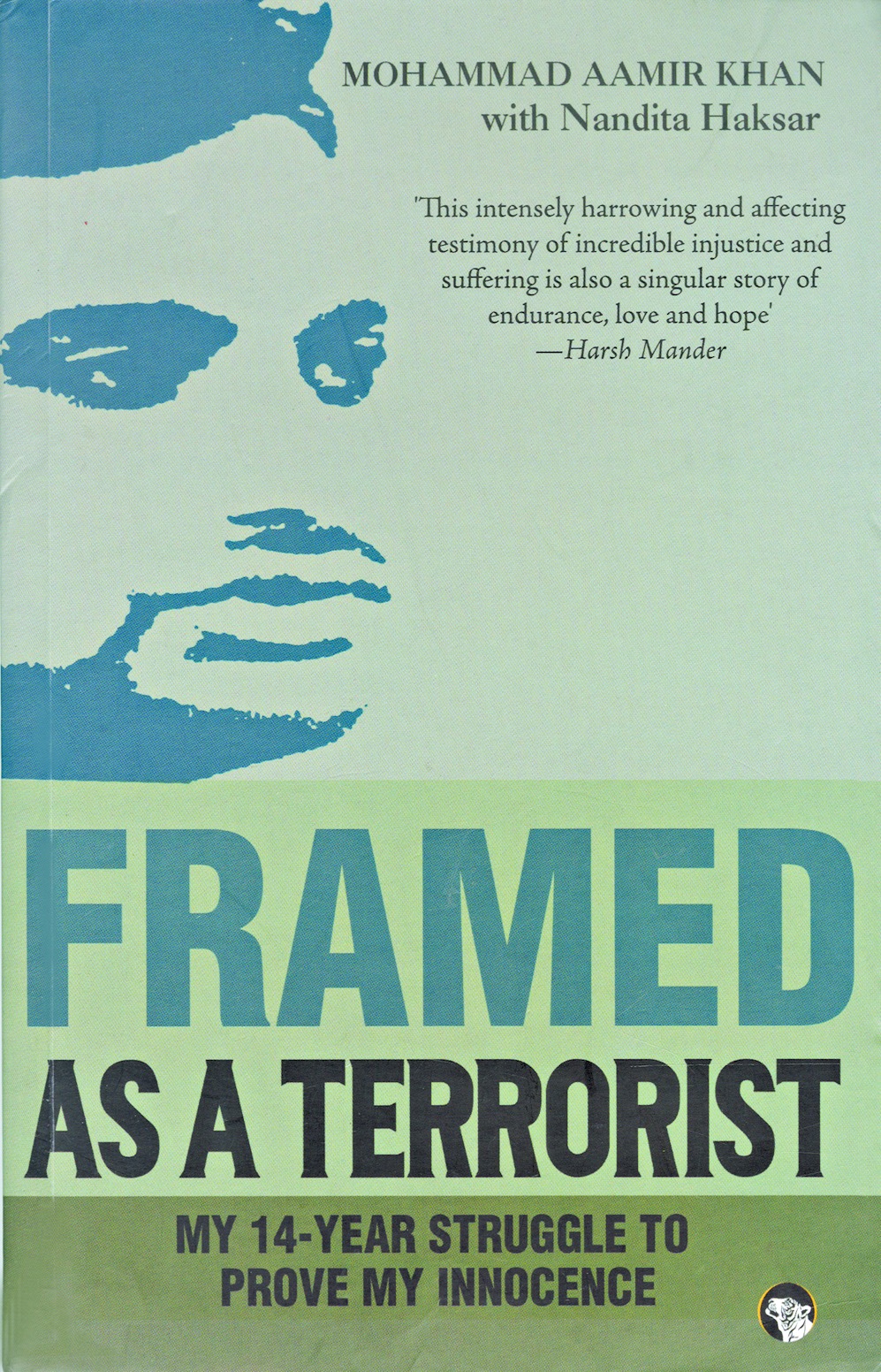Struggle for survival

♦ FRAMED AS A TERRORIST: MY 14-YEAR STRUGGLE TO PROVE MY INNOCENCE (Speaking Tiger, Rs 250) by Nandita Haksar, co-authored by Mohammad Aamir Khan, is the story of Khan's wrongful detention. In 1998, Khan was picked up by the police and put behind bars. He was 18 then. He was accused of terrorism and of waging war against the nation. In this book, he recounts the horror of the days when he was subjected to third-degree torture by the police. The torture is depicted powerfully. "They brought some instruments and started pulling out the nail of my toe. I screamed but did not sign. My tormentors threatened to pull out my nails one by one till I signed..." The story is a sordid narrative describing how Khan's youth was destroyed as result of the confinement, in which he remained for 14 years. In January 2012, he was allowed to walk free. The last pages capture Khan's innocent surprise on seeing how the world has changed in 14 years.
♦ KING'S FALL: BOOK ONE OF THE MORYAN CHRONICLES (Penguin, Rs 299) by Aditya Wig revolves around the mythological characters of Arjuna and Karna. In this book, the heroes are more human than divine. More than three centuries have passed since the Kali Yuga began. The empire of Magadha is plagued by asuras, who seek only destruction. Arjuna and Karna, the last royals of the ancient Moryan Empire, take up the task of protecting their kingdom from the greed of Magadha's emperor. The book is lucidly written and the treatment is interesting. The author has borrowed characters and events from the epic and enriched them with his imagination.

♦ GLOBALIZATION BEFORE ITS TIME: THE GUJARATI MERCHANTS FROM KACHCHH (Penguin, Rs 299) by Chhaya Goswami is a commentary on the trade that existed in the "dying days of the Mughal empire". In the 18th and the early 19th centuries, merchants from Kachchh established a flourishing trade in pearls, dates, spices and ivory with other parts of the world, especially the Middle East, and the faraway lands of Muscat and Zanzibar. The book rightly points out that "the Kachchhi merchants behaved much like today's venture capitalists. They knew how to grow capital, seek new markets, and create them where they didn't exist." The story of Kachchhi capitalism makes for a commentary on the evolution of the trading practices, which have changed changed over time, with the rise of the Arab-dominated Islamic empire and the Chinese empire stretching from Central Asia to the Pacific nations.











